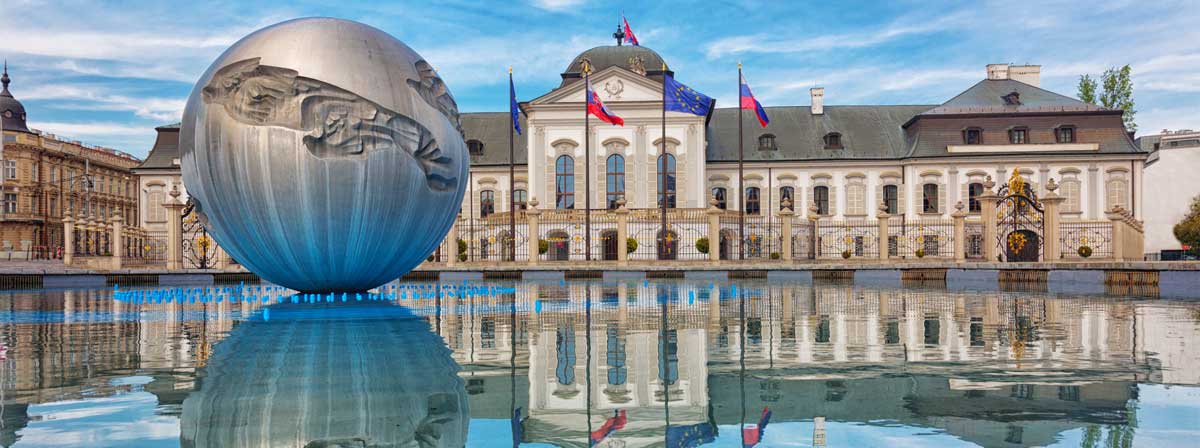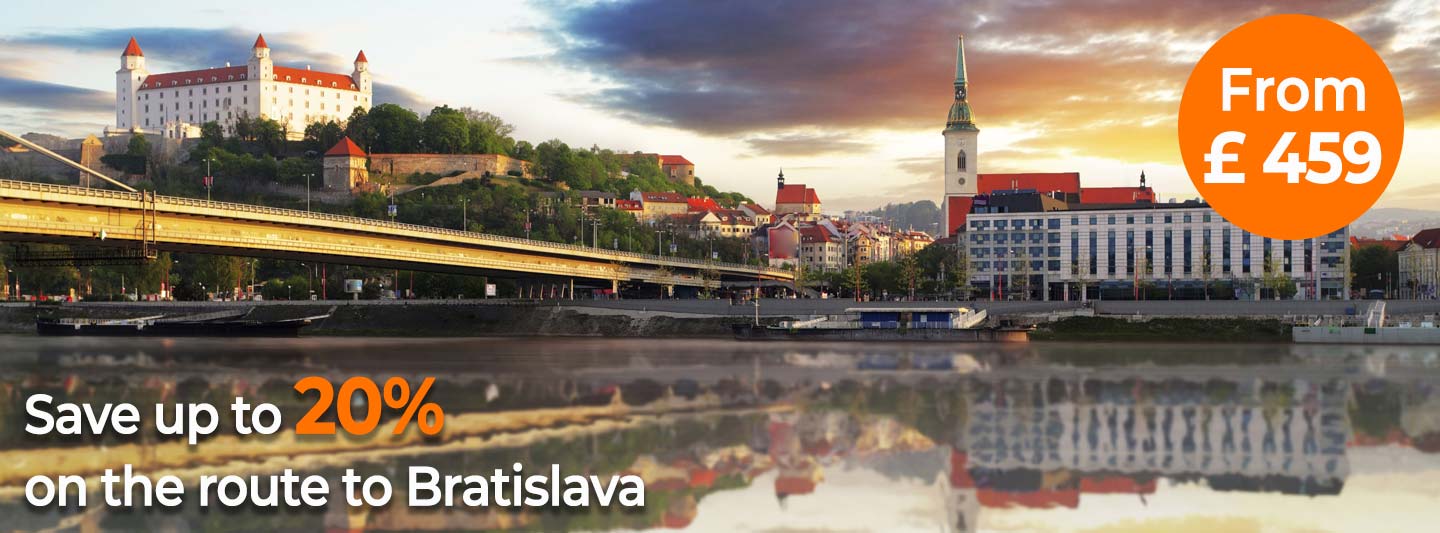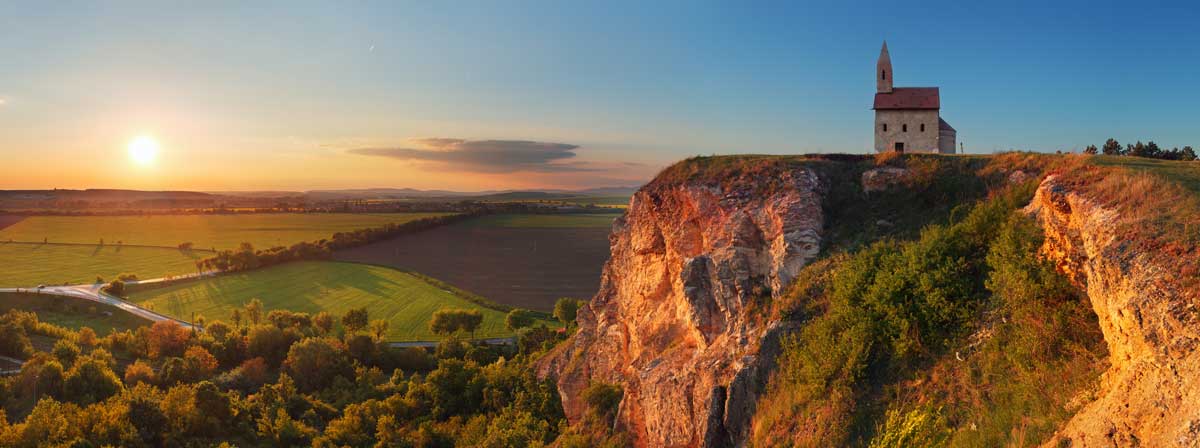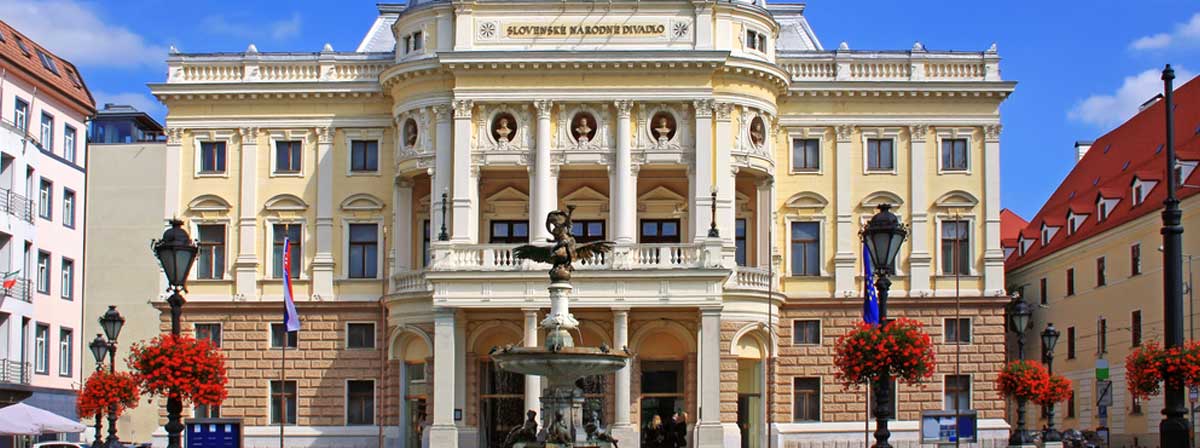
If you’re asking yourself “do I need visa to go to Slovakia?” the answer may depend on where you’re coming from. If you’re coming from the EU country then most likely you’ll need just your ID. More details about registering essentials are provided below.
Twelve of Slovakia’s 4 000 caves are open to the public, including the Domica cave where you can take a boat ride along the Styx, the river that leads to Hades in mythology. The caves have sheltered people throughout the ages, from prehistoric times, right through to the World Wars. There is even a treatment called Speleotherapy for allergies especially in children, which involves extended stays underground. Caves are definitely one of the ‘upsides’ of moving to Slovakia.
The Bystrianska cave is where you’ll find Hell. This 2km long cave has 550m of winding corridors which you can explore. Paradise is elsewhere — but is somewhere in the caves underlying Slovakia. Slovakia became an independent state in January 1993 after Czechoslovakia split into its two constituent parts. It joined the EU in 2004 and has been a member of the Schengen area since 2007. The capital city is Bratislava and the currency is the euro.
Ethnically, the population is 86% Slovak; Hungarians are the largest minority. Perched on many hilltops are fortifications that bear witness to Slovakia’s long history of invasions. Bratislava, the coronation place for the kings of Hungary in the past, has a rich heritage of medieval and baroque architecture.
You need to apply for registration of residence within three days of entering Slovakia. Applications for registration are submitted in person at the nearest Foreign Police Department . You will need:
The same day, the Foreign Police will issue a confirmation certificate that the application is under way. This document will serve the same purpose as the final registration, which would normally be ready for collection within around 3 weeks of application.
Registrations are normally valid for 5 years and can be issued in the form of a plastic credit card-like format, but you must specify in the application form you would like the card type registration. You can use this residence card as a form of ID in Slovakia, while your British passport is kept in a safe place. The Slovak registration card is not recognised as a travel document and for this purpose, your passport needs to be used. Permanent residence is normally issued to all EU nationals automatically.

Although Britain is not a member of the Schengen area, and therefore customs formalities apply, because we are members of the EU, there is little of consequence to concern the average Briton relocating to Slovakia. There are no restrictions on the amount of currency you may bring in; medication must be for personal use only. Alcohol and tobacco are restricted. You will find detailed information at: http://www.iatatravelcentre.com
Pets require their own pet passport, microchips, rabies vaccinations within 1 year, but not closer than 21 days from departure, and up-to-date routine vaccinations. If travelling by air you must let the destination airport know at least 24 hours ahead of your arrival. If you intend to bring the pet back to the UK you must ensure the rabies vaccinations are kept up to date.
There are several sites where you can get information about expat clubs, news and communities. These three sites will give you a taste of what is available.
www.kwintessential.co.uk/guide/relocating-to-slovenia.html
http://www.internations.org/slovenia-expats
http://www.expatarrivals.com/slovenia/moving-to-slovenia
There are reasons why most people wear boots. First, the ice — you need to grip, second, the cobbles — tricky on the ankles, and third, the poor state of some of the pavements.
 Moving to Slovakia
Moving to SlovakiaBeautiful women, great food and an easy-going atmosphere: that's how short term visitors usually…
 Slovakia Culture
Slovakia CultureLanguage In Slovakia they speak Slovak, which is the official language, although a significant minority…